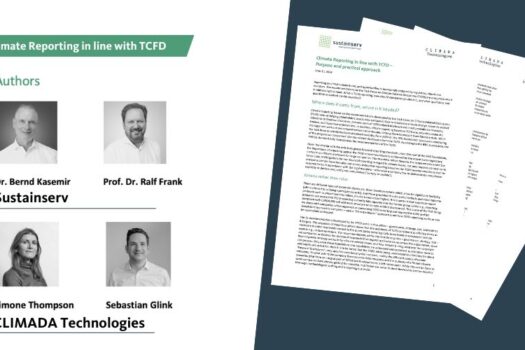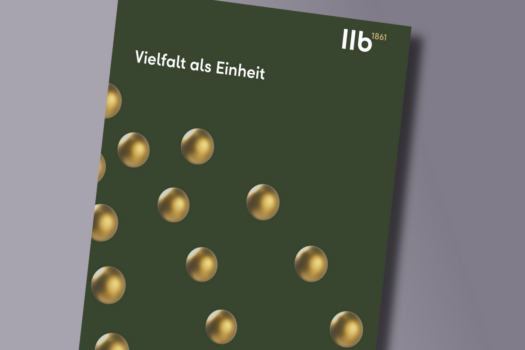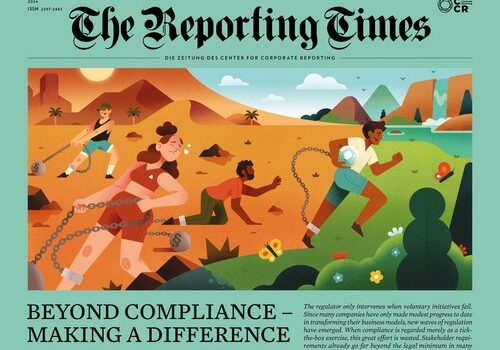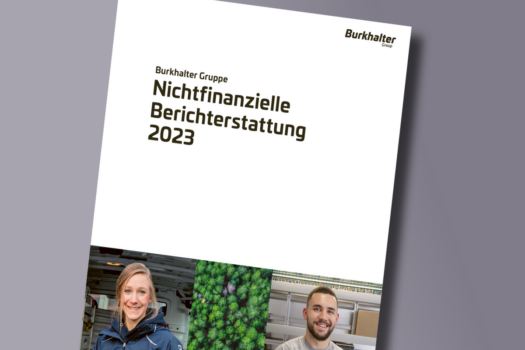The reserved and private nature of the luxury watch industry has long been a cultural hallmark. The implicit promise in luxury is perfection and freedom from unpleasantries. However, luxury goods consumers are waking up to the truth that beautiful items may hide a back story of environmental damage and human suffering. Swiss luxury watchmaker IWC Schaffhausen recognized the importance of sharing its practices and now leads the industry in transparency.
The Risks and Rewards of Being a Frontrunner
Two years ago, IWC provided a window into luxury watchmaking never before offered by a Swiss watch company with the industry’s first report drafted to the GRI Standards, the most widely adopted global standards for sustainability reporting. A member of the Richemont Group, IWC has pulled ahead of the pack by embracing a practice of transparency rare in an industry far behind other sectors regarding sustainability management and reporting. In July, IWC issued its 2020 report, providing even further insights into its approach to corporate responsibility.
Not surprisingly, being a frontrunner has challenged the norms among Swiss watchmakers, who are naturally conservative in their willingness to rock the boat. There is a shared mindset that perfection comes before communication. IWC leadership has had to make peace with the notion that talking publicly about the steps it is taking toward sustainability can come before the company has achieved complete and total sustainability. The courage to do so has been rewarded with recognition such as a sector-leading “ambitious” rating from the WWF 2018 Environmental Rating and Report on the watch and jewelry sector and designation as a “Brand to Trust” from Positive Luxury.
Additionally, credible reporting has enabled powerful engagement with stakeholders through improved dialogue. Deeper audience engagement helps ensure that products continue to meet the needs of the market, generates a more meaningful brand experience and strengthens the bond of loyalty.
“Transparent reporting underpins our sustainability communications. With this basic level of transparency, we build trust and enjoy an informed dialogue with our stakeholders. It’s been rewarding to see how much this is appreciated.”
Sarah Vowles
IWC’s Methodical Approach
A great deal of work preceded the groundbreaking 2018 publication.
IWC’s dedication to sustainability started almost ten years ago with a hard look at the company’s supply chain. Acknowledging that supply decisions can damage people and environments along the line, IWC began seeking more sustainable materials and suppliers.
In 2015, IWC fortified its sustainability program with a sustainability committee, a part-time sustainability officer and a basic report. In 2017, IWC retained global management consulting firm Sustainserv to conduct a materiality assessment to determine the most relevant sustainability topics to IWC, helping focus their program and prepare for comprehensive sustainability reporting. The determined material topics are the bedrock of IWC’s sustainability reporting: How it strategically manages each topic, how it tracks progress and how it performs on each topic. Sustainserv served as reporting consultant, data analyst and editor, helping IWC meet all GRI Standards reporting requirements for its 2018 report.
IWC now has a full-time corporate sustainability manager and a biennial report, and the program extends into every area of operation.
Taking the Lead: What IWC Achieved and Learned
Proper reporting leverages sustainability practices exponentially by creating a positive feedback loop. For IWC, one result was the increased pride employees have about working for IWC, which in turn has generated greater internal support for the sustainability program. Employees signaled their positive feelings after the 2018 WWF report and related publicity acknowledged IWC’s sector leadership, which happened expressly due to its commitment to reporting.
New dialogue with customers has been another positive outcome. Every boutique makes the 2018 and 2020 reports available to customers, and boutique employees are well versed in IWC’s sustainability initiatives. They also are prepared to extend dialogue around questions to which they don’t have immediate answers.
IWC recognizes that sustainability is a journey. Becoming completely sustainable overnight is not realistic, but setting targets, committing to transparency and issuing accurate reports engender stakeholder trust and loyalty.
Practical guidance for meaningful sustainability reporting
- Use a materiality assessment to identify the relevant topics to manage and report on.
- Structure your reporting “fit for purpose.” From a user-point-of-view: Who needs to know what for which purpose?
- Set up a reporting system that is reliable and durable but also efficient and effective.
- Communicate transparently. Acknowledging negative impacts improves credibility.
- Choose reporting formats appropriate for your audience.
The original text entitled “Transparency delivers Engagement for Luxury Watchmaker” by Sarah Vowles and Manuela Huck-Wettstein was published in issue 17 of The Reporting Times, the trade journal of the Center for Corporate Reporting (CCR).
Get in touch. We are happy to tell you more about it.






